Considering how dire last summer was for theatrical exhibition and the perpetually-in-flux release calendar, we opted to forgo our standard preview of the season. However, with theaters beginning to reopen across the country and promising releases on the horizon, there’s thankfully enough to warrant a summer movie preview this year. While potentially worthwhile studio offerings are still a bit slim, there’s still plenty to see over the next four months. As a note, while May usually indicates the start of the season, we’ve included a handful of films arriving on the last day of April, this Friday, that will roll out over the next month.
Check out our picks below and return for monthly updates as more is sure to be added to the calendar.
About Endlessness (Roy Andersson; April 30)
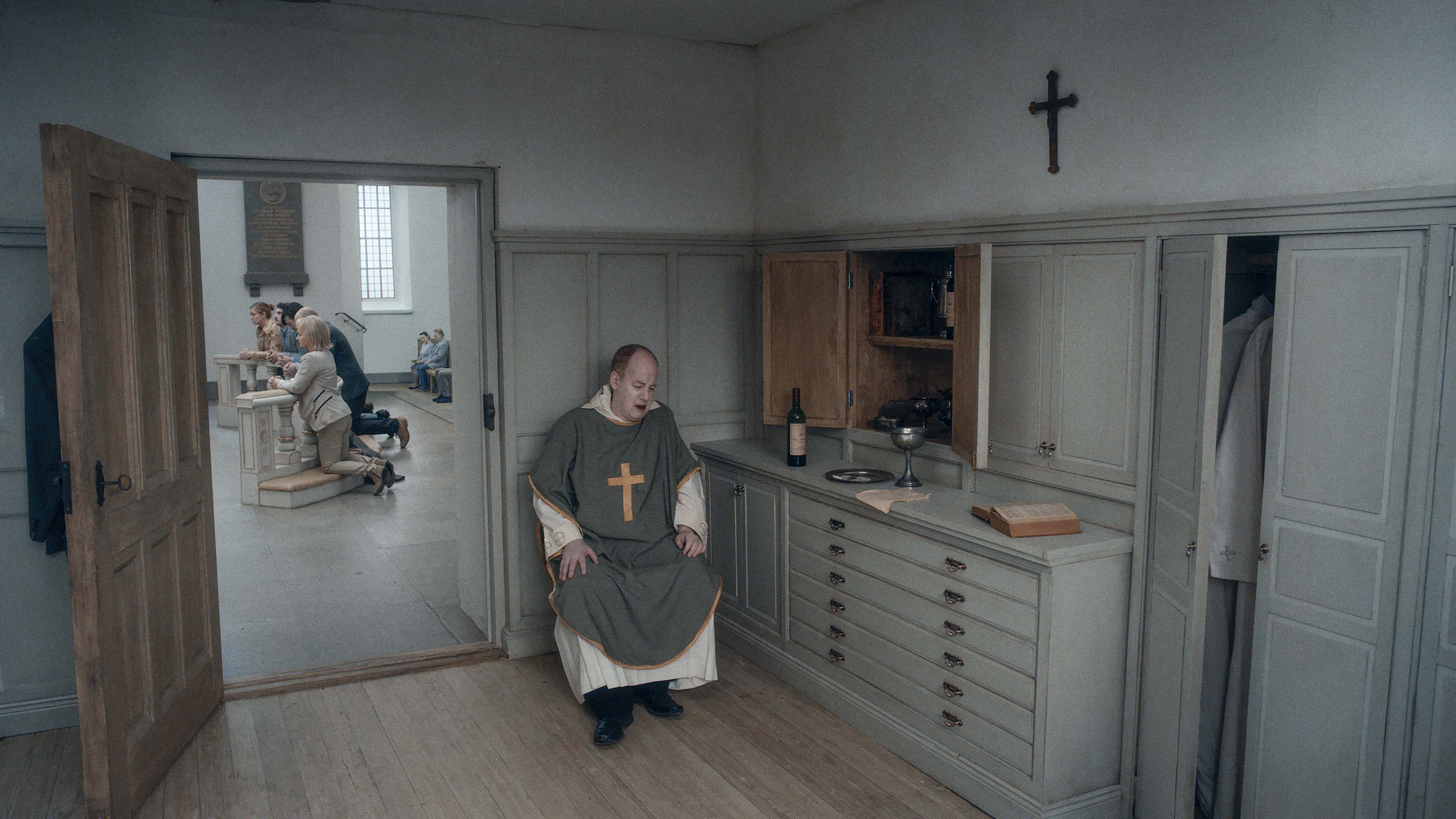
“What should I do now that I have lost my faith?” is the question that animates About Endlessness; this being the new film by Roy Andersson, it is delivered in a doctor’s waiting room, over and over again, in a creaky voice, by a dumpy man in late middle age who continues his plaint even after the doctor and his receptionist gruntingly force him outside into the hallway, from whence they can hear him scratching at the door like a zombie. About Endlessness is Roy Andersson’s fourth film of this century; it looks much like the previous three, and nothing like anything else ever made. – Mark A. (full review)
Limbo (Ben Sharrock; April 30)
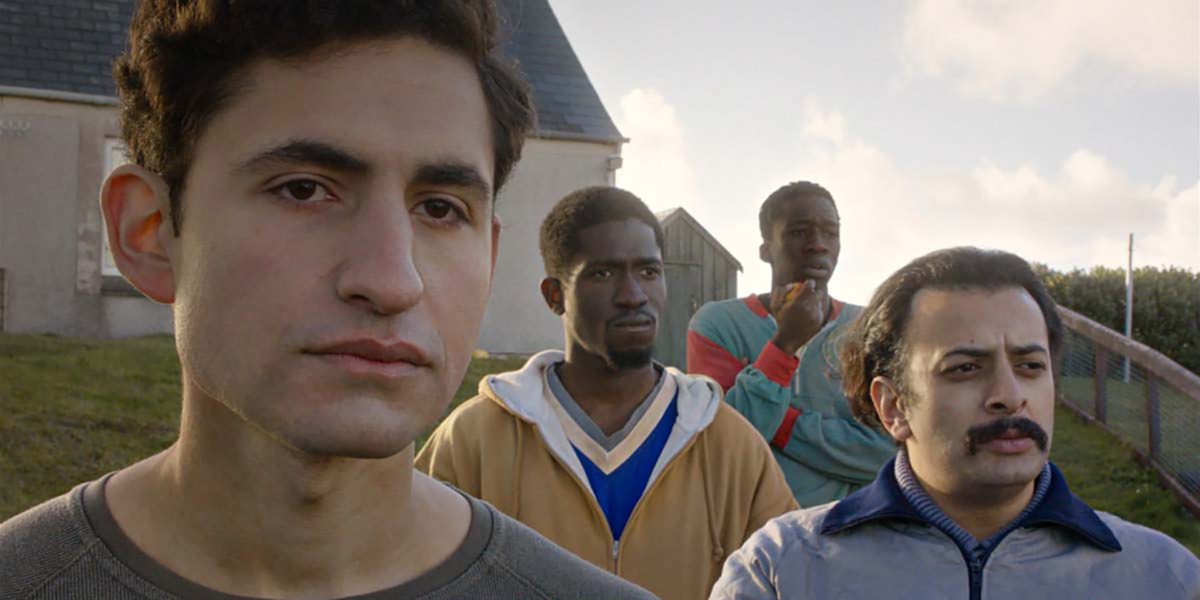
Two Africans, an Afghan, and a Syrian walk onto a remote island in Scotland. The punch line potential is infinite. Writer/director Ben Sharrock knows it too as he places them all in the same cramped apartment with a “Refugees Welcome” banner outside so they can argue about the merits of Ross and Rachel’s “break” courtesy of a burned Friends box set left behind by whomever lived there last. Add an eccentric cultural awareness course led by a duo in Helga (Sidse Babett Knudsen) and Boris (Kenneth Collard) who teach sexual harassment by having the former smack the latter’s intentionally handsy dance partner in the face and you’ll find yourself mimicking the class of foreigners watching in stunned silence thanks to the dryly humorous mix of confusion and horror. – Jared M. (full review)
Cliff Walkers (Zhang Yimou; April 30)

Last fall, we were remarking how prolific Zhang Yimou’s recent streak has been, embarking on production on his fifth film in just two years. Thankfully, one is coming our way this month with Cliff Walkers, formerly titled Impasse. Starring Zhang Yi, Yu Hewei, Qin Hailu, and Zhu Yawen, the film marks the director’s first foray into the spy genre as we follow four operatives carrying out a mission in the snowy, puppet state of Manchukuo in the 1930s.
State Funeral (Sergei Loznitsa; May 7)

Prolific Ukranian filmmaker Sergei Loznitsa, continuing the found footage documentary style of latest efforts Maidan, The Trial, and The Event, composes a chronology of the four days of mourning that followed Stalin’s death. Composed of rarely seem archival footage–shot for Soviet film effort The Great Farewell, that would be banned before release by members of the new government–Loznitsa resurfaces the ambience of despair shared by the leader’s subjects. In doing so, he immerses the audience in an ephemeral moment of collective trauma and separates the funeral from its immediate history, in turn allowing for modern interpretations of Stalin’s regime and its eventual legacy in Soviet history. – Jason O. (full review)
Oxygen (Alexandre Aja; May 12)

Regardless of the creative team, a one-woman-thriller starring Mélanie Laurent trying to escape an asphyxiating medical cryo unit is nothing less than alluring––but it gains an extra layer of interest with the involvement of Alexandre Aja, who’s coming off his arguable creative peak with Crawl. Aja’s films haven’t always been successful, but he excels in staging confined spaces in things like The Hills Have Eyes and High Tension. And contained within this one setting, there’s a real possibility for some cleverly dumb visual storytelling. – Michael S.
Riders of Justice (May 14)
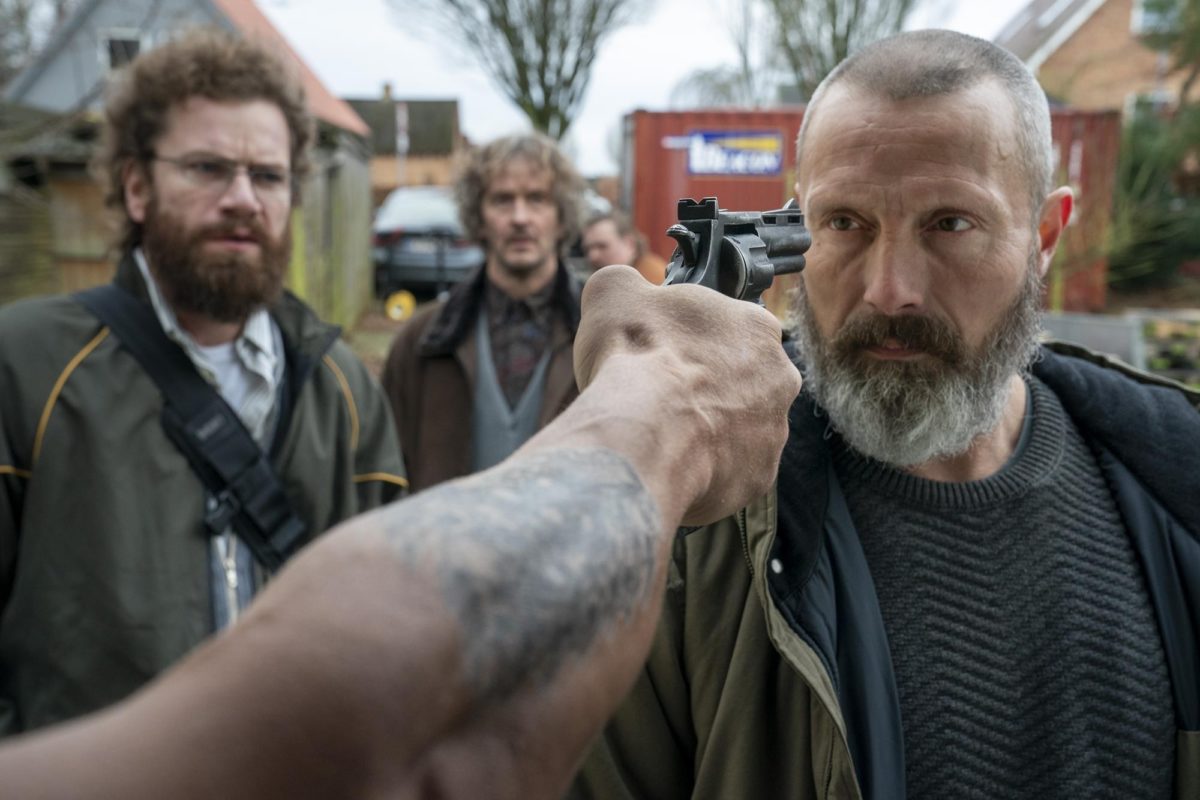
Anders Thomas Jensen’s entertaining rollercoaster of a film Riders of Justice follows a soldier named Markus (Mads Mikkelsen) who risks it all to take revenge on the criminals that may or may not have had something to do with the untimely death his beloved wife. Although this film is neither genre-defying nor age-defining, its touching message is executed methodically. – Tim B. (full review)
The Killing of Two Lovers (Robert Machoian; May 14)
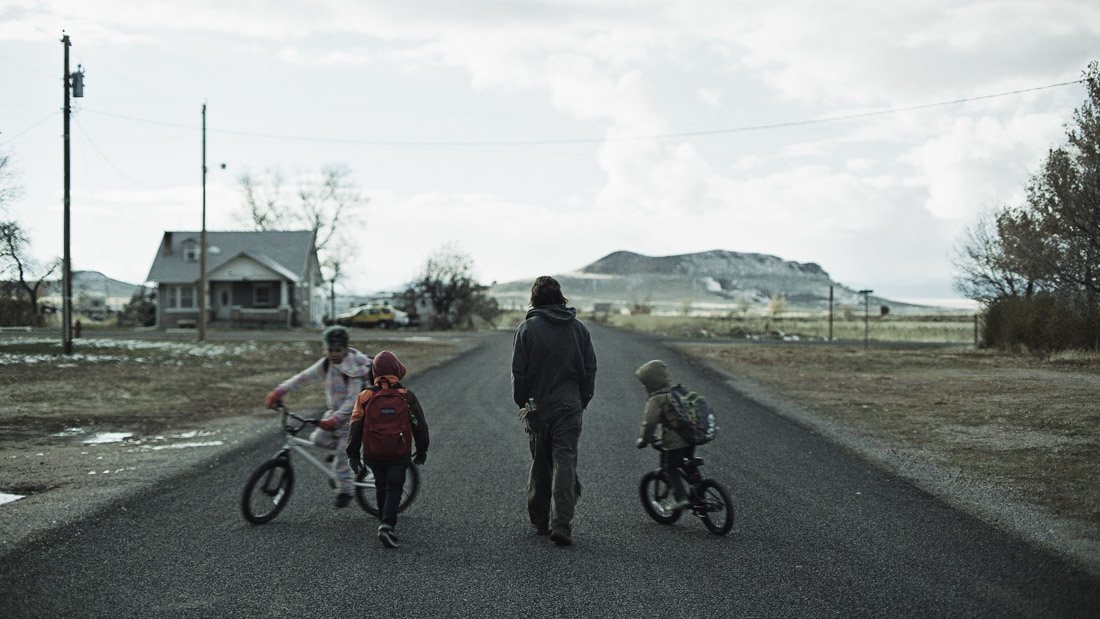
Opening with a jarring, heart-stopping scene in which David (Clayne Crawford) points a gun at his sleeping wife, Robert Machoian’s The Killing of Two Lovers is a riveting and restrained autopsy of a marriage in free fall. David and Nikki (Sepideh Moafi) have already separated, with David returning to his parent’s home. Their teenage daughter Jessica (Avery Pizzuto) takes it out on both parents, telling them to be the adults and work it out. The problem with that notion is that David and Nikki never had the chance to grow. Having Jessica young and four boys immediately afterward, they’ve stayed in the same small Utah town and moved only a few doors away from David’s childhood home. – John F. (full review)
There Is No Evil (Mohammad Rasoulof; May 14)

Iranian director Mohammad Rasoulof won Cannes’s Un Certain Regard award in 2017 with his bruising, brilliant drama A Man of Integrity, which explored how an oppressive regime crushes independent thought. On his return to his home nation, he was arrested, thrown in prison for a year, banned from leaving Iran, and forbidden from filmmaking for life. Not that it stopped him. Just three years later, he’s made a major work of recent Iranian cinema. Not since A Short Film About Killing has a filmmaker produced such a thrilling case against capital punishment, an enraging, enthralling, enduring testament to the oppressed. – Ed F. (full review)
The Perfect Candidate (Haifaa Al-Mansour; May 14)

It’s extremely difficult to make a film that’s intelligent, political, and crowd-pleasing, but Haifaa Al-Mansour pulls it off with her fourth and most accomplished feature to date. The Perfect Candidate follows Maryam, a female doctor in Saudi Arabia, as she runs for local office. I love that the film refuses to paint anyone as a villain; even well-meaning men can do little to help Maryman, because they’re also operating within a patriarchal system. – Orla S.
Army of the Dead (Zack Snyder; May 21)

Fans of the Snyderverse are no doubt delighted this year as we’re getting two films from the director in the span of just over two months. After his four-hour cut of Justice League debuted in March, his return to the world of zombies with the heist horror feature Army of the Dead lands on Netflix this May, led by Dave Bautista, Ella Purnell, Omari Hardwick, Ana De La Reguera, Theo Rossi, Matthias Schweighöfer, Nora Arnezeder, Hiroyuki Sanada, and Garret Dillahunt, Tig Notaro, Raúl Castillo, Huma Qureshi, Samantha Win, Richard Cetrone, and Michael Cassidy. Snyder’s Dawn of the Dead remake still marks the high point of his career, so here’s hoping he can recapture similar zombie-hunting magic. – Jordan R.
Spring Blossom (Suzanne Lindon; May 21)
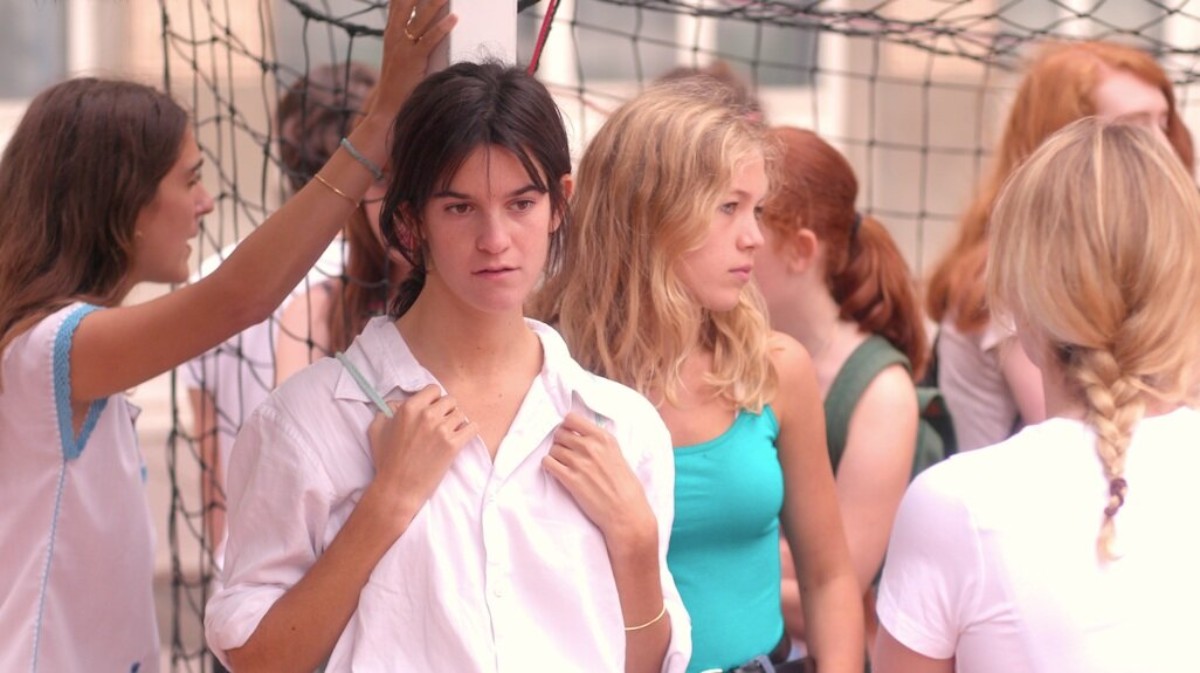
It takes great maturity and confidence to make a film about the emergence of a young woman’s sexuality that also dares to ask complex, provocative questions while understanding there are no simple answers. Suzanne Lindon is such a filmmaker, and her brisk, entertaining debut Spring Blossom is such a film. Lindon directed, wrote, and stars in this remarkably assured story of a 16-year-old Parisian who falls for an older man. Though Blossom is a bit slight at just 73 minutes and sometimes prone to posing too many questions, this TIFF entry heralds the arrival of a major international talent. – Chris S. (full review)
Swimming Out Till the Sea Turns Blue (Jia Zhangke; May 28)

Of all the monumental parts that tend to constitute the films of Jia Zhangke–the shifting socio-economic landscapes; the departing mountains; Zhao Tao–none has been as prevalent or essential as time. He is a director with one eye on the then and one eye on the now (and occasionally one on the future). Time is once again key to his latest work, a documentary titled Swimming Out Till the Sea Turns Blue, in which Jia uses both the writings of Ma Feng and a series of interviews with celebrated authors from his native Chanxi to cast an eye over China’s shift from rural to urban living; the implications of that change if not the more state-censorship-sensitive aspects. The mood, as ever, is one of reminiscence. – Rory O. (full review)
Slow Machine (Joe Denardo and Paul Felten; June 2)

Billed as a thriller of sorts upon its NYFF premiere last fall, Joe Denardo and Paul Felten’s Slow Machine indeed contains trappings of the genre, but its excitement is derived more from traversing unexpected narrative tendrils than any standard heart-pumping sensations. Following an actress and counter-terrorism specialist whose connection soon unravels, the tactile 16mm gives a lived-in feeling to ground the many ideas bouncing around every corner of the Rivettian odyssey. Featuring a startling performance by newcomer Stephanie Hayes, forthcoming Killers of the Flower Moon player Scott Shepherd, and memorable brief turns by Chloë Sevigny and Eleanor Friedberger (one-half of The Fiery Furnaces), it sets a high bar for the fertile experimental New York indie scene. – Jordan R.
Undine (Christian Petzold; June 4)
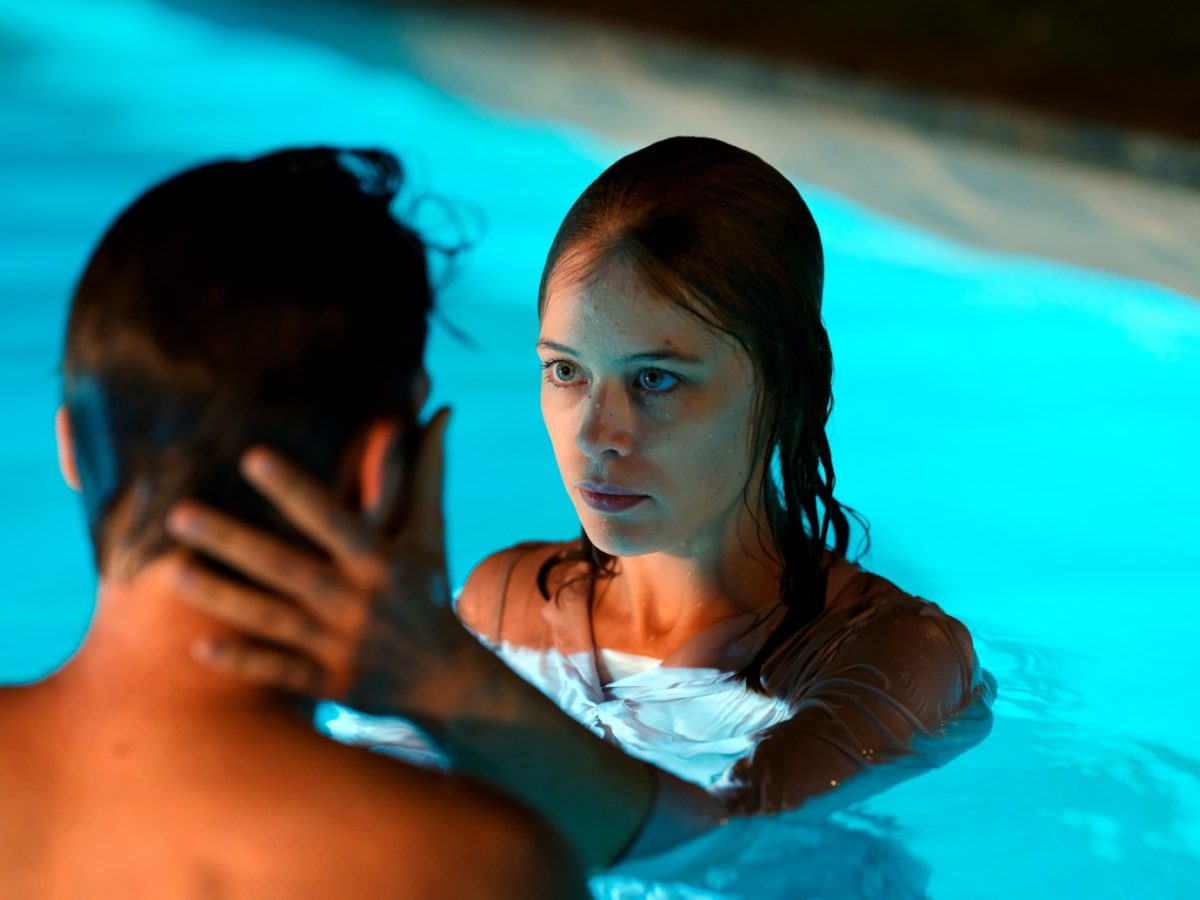
Following up a successful work of lucid experimentation like Transit can be a tricky undertaking: does one lean back toward the basics or further up the ante? Christian Petzold shoots for the latter with his latest, a Berlin-based pseudo-supernatural melodrama titled Undine. And that name should prove telling: the myth of the watery nymph that inspired as far-flung old guys as Walt Disney, Andy Warhol, Neil Jordan, and Hans Christian Andersen in their creative endeavors. Ever the intellectual, in his press notes Petzold references the female-centric version of Ingeborg Bachmann as his key inspiration and his story does prove, for the most part, to be told from the eponymous heroine’s angle. – Rory O. (full review)
All Light, Everywhere (Theo Anthony; June 4)
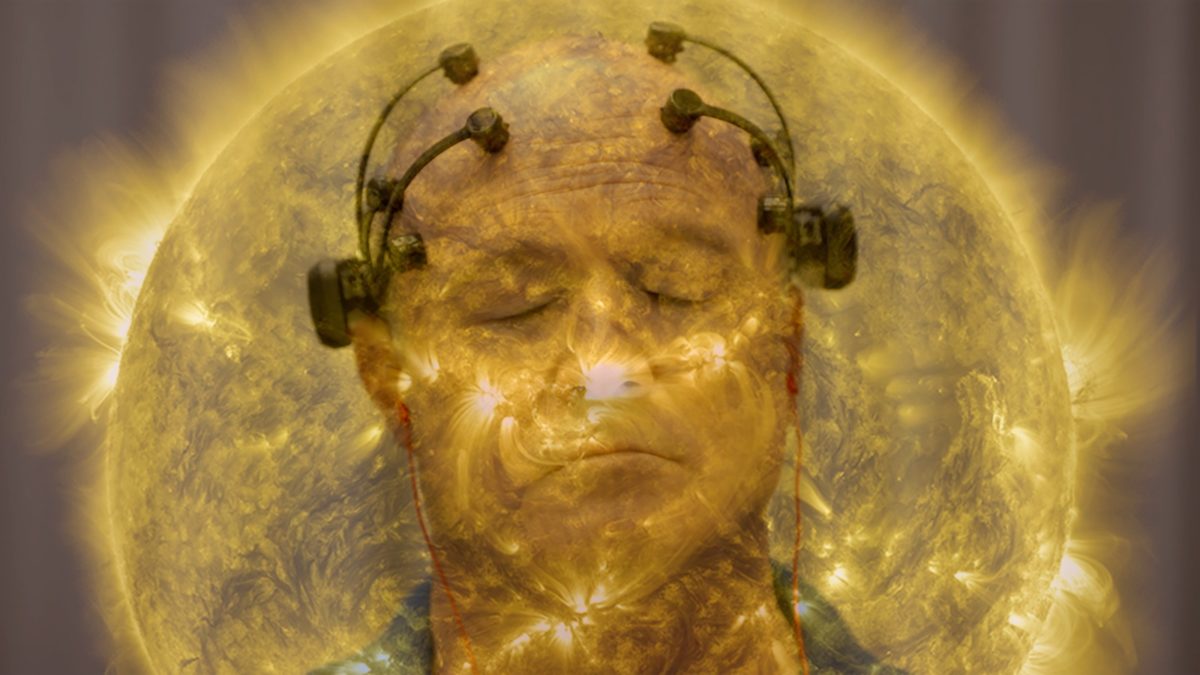
Seemingly birthed from some kind of virtuosic computer algorithm or beamed directly from outer space, Theo Anthony’s debut feature Rat Film was a peculiarly engaging, wholly fascinating documentary. Using the population of rats to chart the history of classism and systemic racism throughout Baltimore over decades, it heralded an original new voice in nonfiction filmmaking. When it comes to his follow-up All Light, Everywhere, Anthony casts a wider focus while still retaining the same unique vision as he explores how technological breakthroughs (and pitfalls) in filmmaking have reverberated throughout history to both embolden and trick our perceptions of perspective. To thread these strands and see its modern-day effects, the majority of the film looks at the engineering behind police body cameras, and the extensive use of those devices and other surveillance equipment to support officers in cases where evidence might otherwise come down to only verbal testimonies. – Jordan R. (full review)
The Power of Kangwon Province (Hong Sang-soo; June 11)
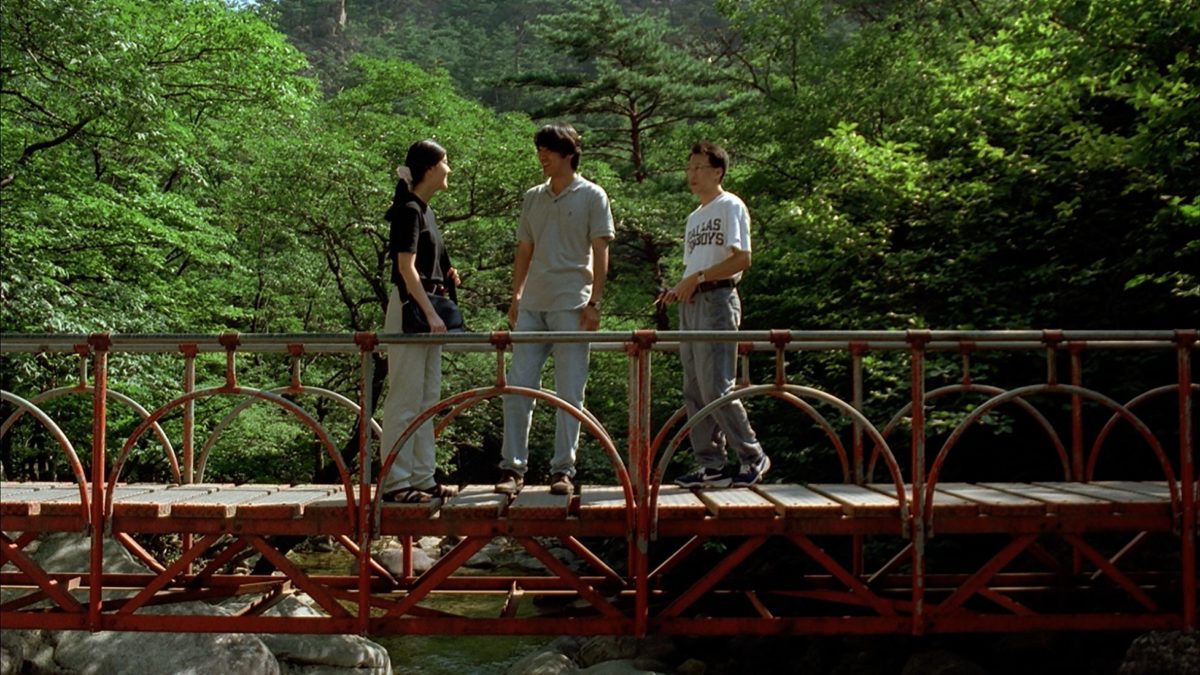
Long available only on a pitiful, out-of-print DVD, Hong Sangsoo’s second feature—and the point wherein his preoccupations and mastery begin presenting themselves—has been given a restoration and will release this summer via Grasshopper Film. Early stills present an unfathomable upgrade from what fans have known all this time.
Censor (Prano Bailey-Bond; June 11)
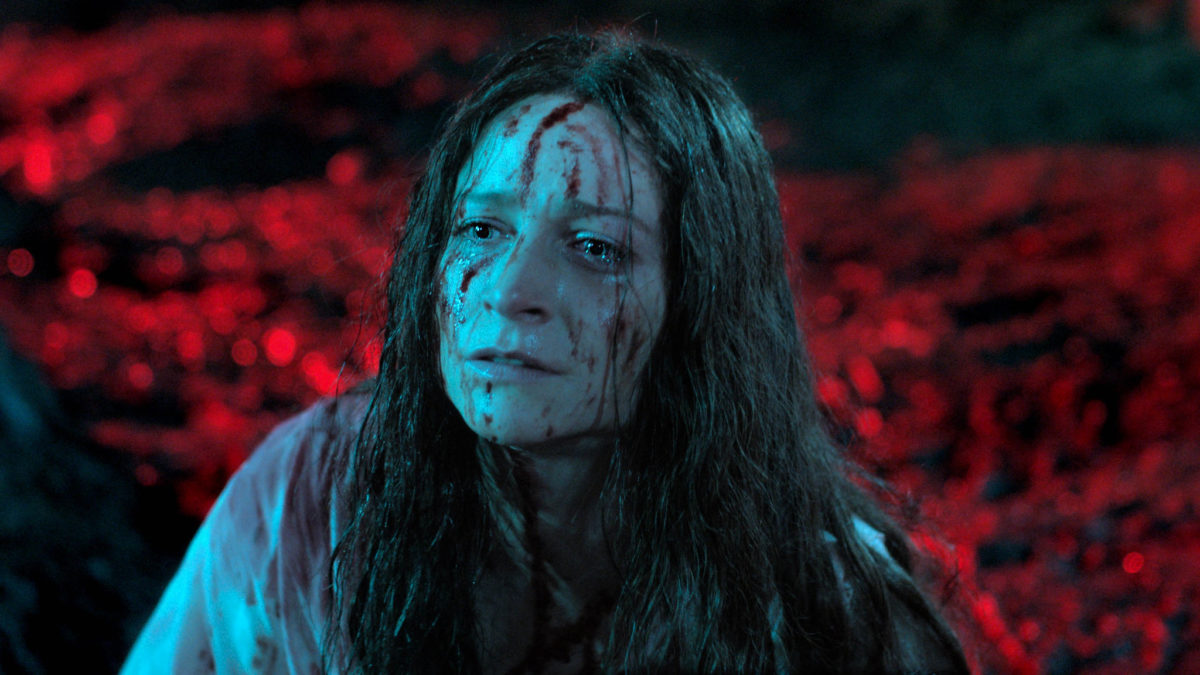
It is hard to think of a recent horror film––or a film of any genre, really––in which the main character is tasked with a job as original and ingenious as Enid Baines, the protagonist of Prano Bailey-Bond’s riveting Censor. She is, yes, the titular censor. It is 1980s England, the time of “video nasties” that drew parental consternation and tabloid outrage. These were the low-budget, ultra-violent VHS cassettes that earned their own category in the collective consciousness. Not all were UK productions––I Spit On Your Grave and Abel Ferrara’s Driller Killer made the list. In Censor, however, the nasties are homegrown, in more ways than one. – Chris S. (full review)
Akilla’s Escape (Charles Officer; June 11)

There is a palpable sense of exhaustion and an air of dread over nearly every scene in Akilla’s Escape. It’s no wonder that despite the legalization of marijuana in Canada, Toronto-based drug dealer Akilla Brown is desperately trying to leave the trade. After all, in the film’s first thirty minutes, Brown has watched as a man is hacked to death before his eyes, was held at gunpoint, and was forced to knock out said gunman with a shocking act of quick-thinking. Meanwhile, his decision to exit the dealer life has drawn consternation from his colleagues. And he still has to break the news to “The Greek”––who, we can infer, is most likely not going to be happy. Oh, and Akilla must also step in to save the adolescent gunman’s life before he is suffocated to death by one of the Greek’s henchmen. – Chris S. (full review)
Siberia (Abel Ferrara; June 18)
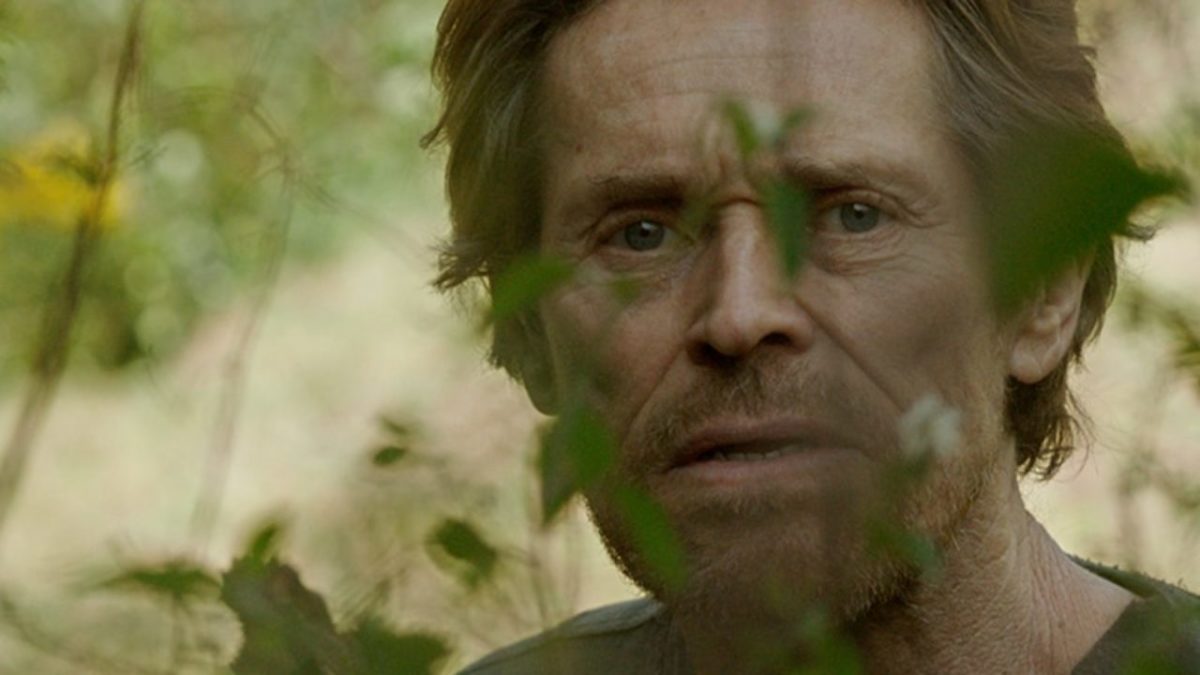
In Abel Ferrara’s films over the last 10 years, the apocalypse has been looming, waiting to infect everyone in its vicinity with darkness, death, and devastation. In Tommaso, there is doom impending even in an otherwise stable family unit, paralyzing its protagonist with anxieties and sufferings so intense that there’s no chance of a happy ending. In Pasolini, the apocalypse is made further personal. The inevitable death of the Italian filmmaker is built towards with cosmic sadness, the unfinished work of his being brought to life by Ferrara like half-remembered dreams before his violent murder. Within his masterpiece 4:44 Last Day on Earth, the apocalypse is literal, two people desperately trying to cling onto each other before time itself runs out in front of their eyes. All of Ferrara’s pursuits of understanding death and the horrors of it are present in his latest feature film Siberia, one that takes the dreamlike moments of Pasolini and expands them into a fragmented, labyrinthic nightmare. – Logan K. (full review)
The Sparks Brothers (Edgar Wright; June 18)

There’s something to be said for Wright’s sheer admiration of Sparks. He loves this band, a feeling that has clearly lasted for decades. They hold a place in his heart, and now, they have been memorialized forever on the screen. Long after Ron and Russell Mael leave the music industry––if that ever happens, willingly––this film will be available for new fans, old diehards, and the casual viewer surfing a streaming platform. In that way, Wright has given Sparks something they haven’t had in the past: a larger audience. – Michael F. (full review)
Sweat (Magnus von Horn; June 18)

Sweat is one of the best films about an influencer—while other works about social media dismiss their characters as vapid, Magnus von Horn’s latest has so much empathy for fitness influencer Sylwia (Magdalena Kolesnik). Von Horn places blame on the mechanisms of social media for Sylwia’s sadness. It’s a film that peels back the masks we wear online and questions whether we ever stop performing for our followers. – Orla S.
Summer of ’85 (François Ozon; June 18)

François Ozon’s Summer of 85 has the sex, intrigue, and death that Call Me By Your Name left on the cutting room floor. Adapted from Aidan Chambers’ 1982 novel Dance on My Grave, the film stars Félix Lefebvre and Benjamin Voisin as summer lovers who meet in Le Tréport when Alexis’s boat capsizes and almost drowns before being rescued by David. Shot on 16mm film and dappled in neon light, Summer of 85 asks if our relationships with others primarily exist in our minds. But it’s more sexy, gay, and fun than the concept lets on. – Josh E.
I Carry You With Me (Heidi Ewing; June 25)
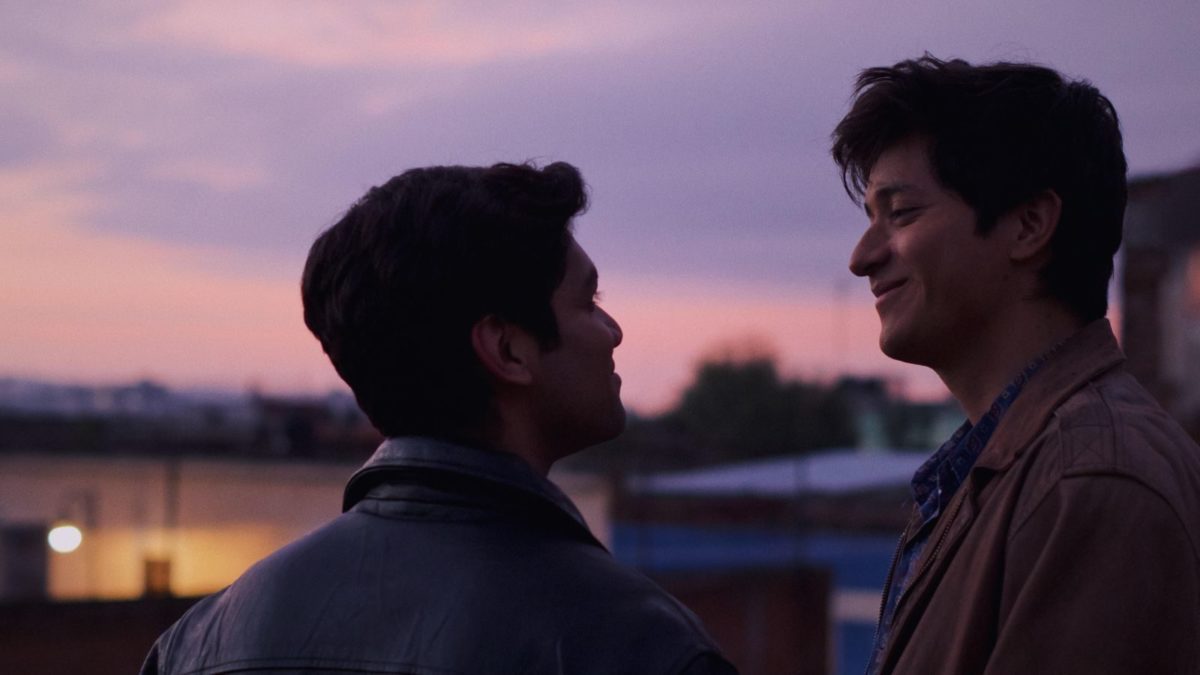
After directing documentaries for the last two decades, Heidi Ewing makes her narrative debut with this graceful look into the real lives of Iván García (Armando Espitia) and Gerardo ZaVe (Christian Vasquez), one which earned her Sundance’s NEXT Audience Award and Innovator Award. It’s a fitting honor from the festival because the film was born in Park City over drinks in 2012. Iván and Gerardo joined Ewing at the festival to support her project Detropia. There the couple told Heidi the story of their childhood, how they fell in love, and immigrated to New York City. She developed a fictionalized version of their story with actors depicting them as children and young adults, along with the real Iván and Gerardo appearing as themselves. – Josh E. (full review)
Zola (Janicza Bravo; June 30)

Twitter is Shakespeare for the 21st century and, as Zola proves, Janicza Bravo is the director best adept at bringing all the peculiarity, hilarity, and ugliness of social media mayhem to the big screen. If you were on Twitter in October 2015, you likely saw A’ziah “Zola” King’s massive thread recounting the bizarre journey she took from Detroit to Tampa accompanied by Jessica, a new acquaintance that wanted to utilize their pole dancing skills to make serious money in Florida strip clubs. What follows was a treacherous two-day adventure of turning tricks, one-upping pimps, witnessing a murder, attempted suicide, and no shortage of strange characters. Based on Zola’s 150 or so tweets and David Kushner’s Rolling Stone article (which revealed some of the story was embellished for the sake of entertaining storytelling), Bravo and co-writer Jeremy O. Harris (Slave Play) have now delivered a surprisingly faithful adaptation while bringing endless invention and energy to the proceedings. – Jordan R. (full review)
The Amusement Park (George A. Romero; June TBD)
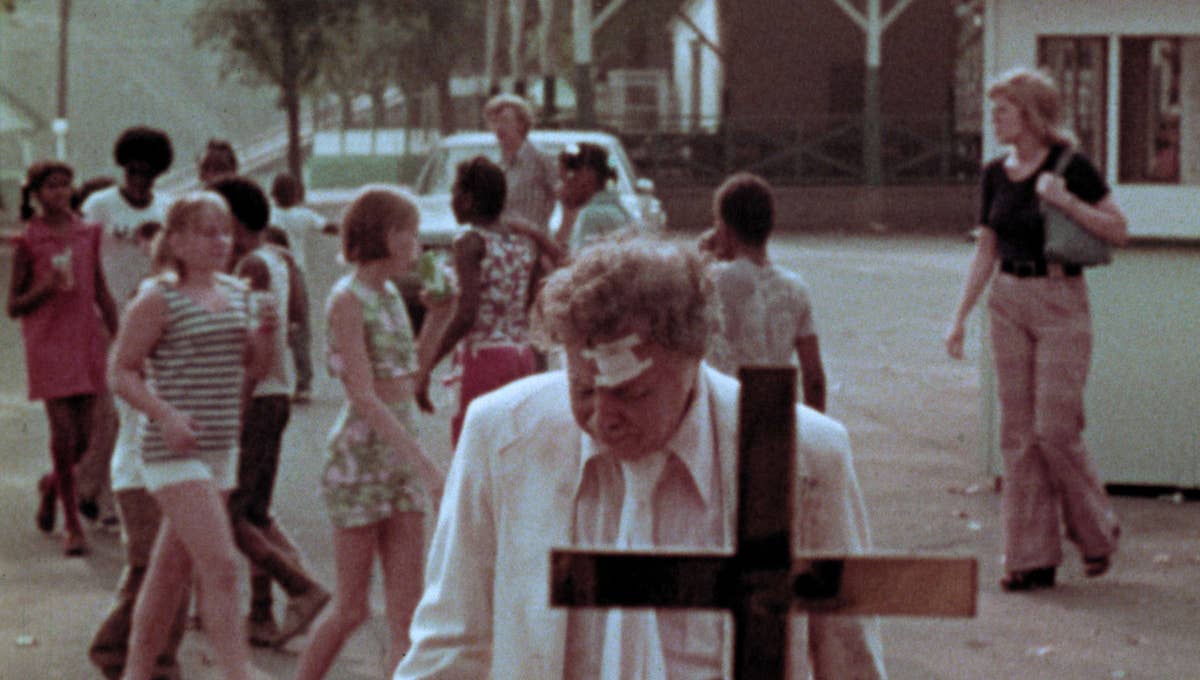
Enough to note it’s the recently unearthed work from one of America’s greatest filmmakers and call it a day? Being produced the same year as The Crazies and Season of the Witch would suggest a title worthy of this legacy, and The Amusement Park‘s logline—an elderly gentlemen sets out for what he thinks will be a normal day at an amusement park and is soon embroiled in a waking nightmare—is très Romero. If we’re facing a dud, so be it—film history is still richer for having it. – Nick N.
Summer of Soul (…Or, When The Revolution Could Not Be Televised) (Amir “Questlove” Thompson; July 2)

The biggest block party of 1969 took place over six weeks in central Harlem. Clustered together into the rocky confines of Mt. Morris Park (now Marcus Garvey Park), 300,000 people spent their summer grooving to a free outdoor concert series that featured some of the world’s best gospel, blues, and R&B singers alive. At the intersection of the country’s racial and social revolution, the “Harlem Cultural Festival” offered a cathartic and electric musical experience for those in attendance, combining song and spoken word that inspired and unified. It was also largely forgotten. Which makes Summer of Soul (…Or, When The Revolution Could Not Be Televised) both a documentary and a rectification of history. – Jake K. (full review)
The Woman Who Ran (Hong Sangsoo; July 9)

The Woman Who Ran opens on a lovely shot of hens. The camera then pulls back to show the garden of a middle-class apartment block where a woman named Youngsoon (Seo Younghwa) tells another, Youngji (Lee Eunmi), about her hangover. The lighting is natural; the performances and sentiment are, too. Hong Sang-soo’s cinema is one of repetition and anyone familiar will not take long to discern The Woman Who Ran as his own. He rinses; he washes; he repeats. – Rory O. (full review)
The Night House (David Bruckner; July 16)
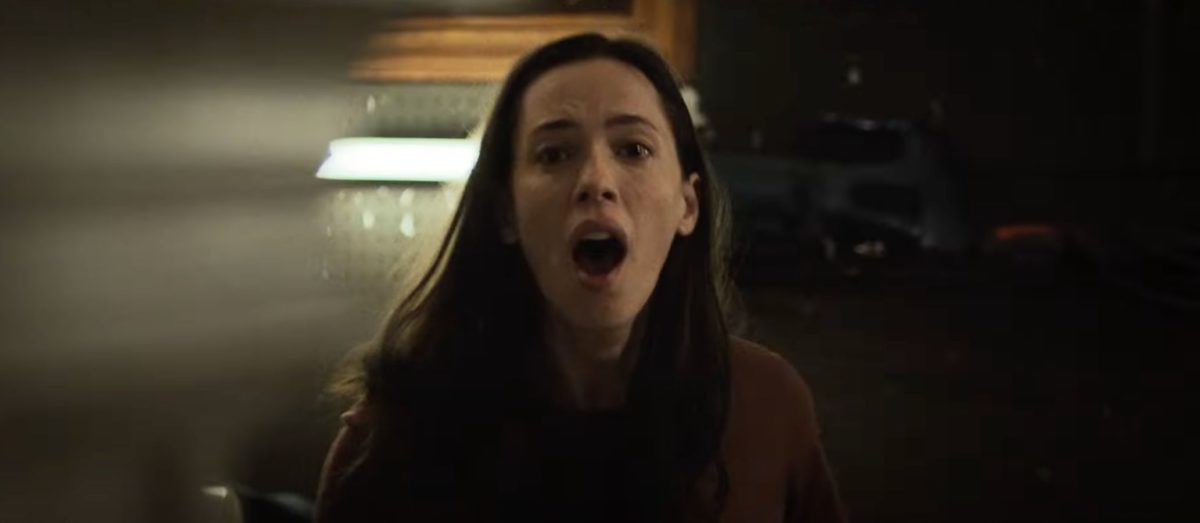
It’s about 20 minutes into The Night House that it finds its footing. The school year has just ended and Beth (Rebecca Hall), a high school English teacher, goes back to work to input a few more assignments. When a soccer mom type (Samantha Buck) comes in to contest her son’s grades, Beth isn’t having it, to say the least. She stares her down with a trace of empathy that manages to undercut her dead eyes and Hall, ever the solid actor, pinpoints and explores the sarcastic humor latent to the script. When mom continues to press her, Beth flatly explains that her husband, Owen (Evan Jonigkeit), has just shot himself. If this woman wants her son to get a B, he can get a B. It really doesn’t matter. – Matt C. (full review)
Ailey (Jamila Wignot; July 16)
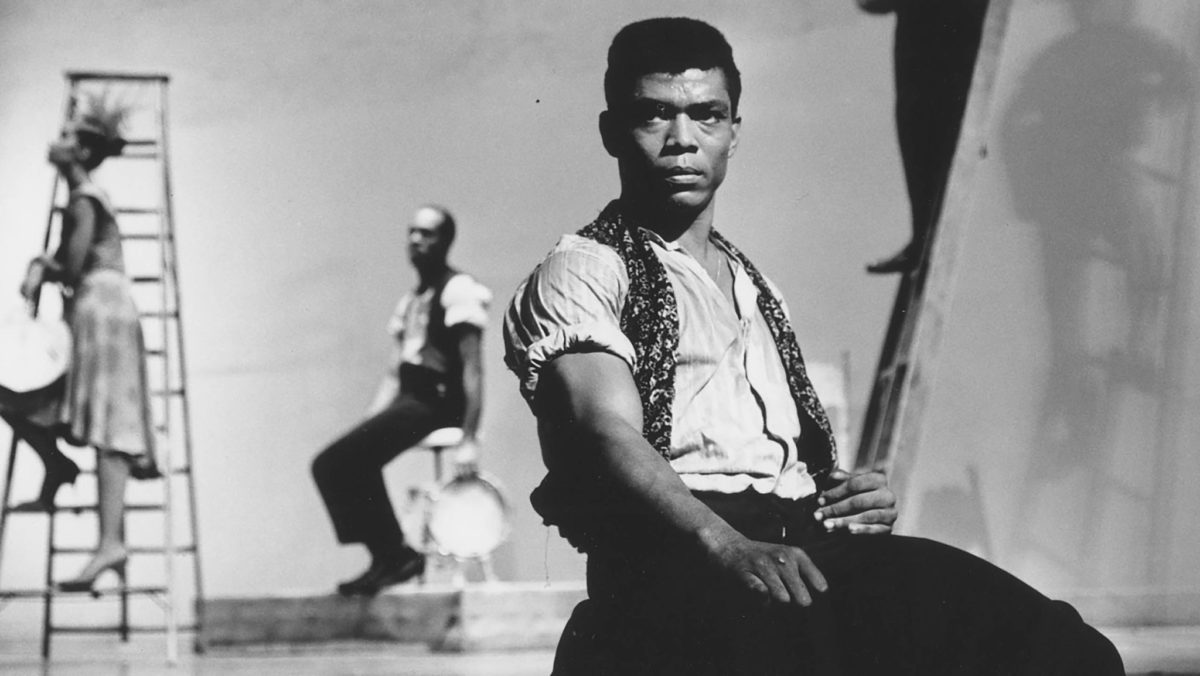
Has any choreographer mattered more to American dance than Alvin Ailey? The documentary Ailey, directed by Jamila Wignot, makes a good case that there has not. Comprised of amazing archival footage, peer interviews, and choreographer Rennie Harris prepping a modern-day performance in honor of the artist, Wignot paints a full picture of a complicated man. Born in the middle of Texas during The Great Depression, old recordings of Ailey recount his picking cotton with his mother (his father was non-existent in his life), then later on seeing Katherine Dunham (and her male backup dancers) perform live. The shock of watching somebody that looked like him produce such wonderful art emboldened him to pursue the work himself. – Dan M. (full review)
Old (M. Night Shyamalan; July 23)
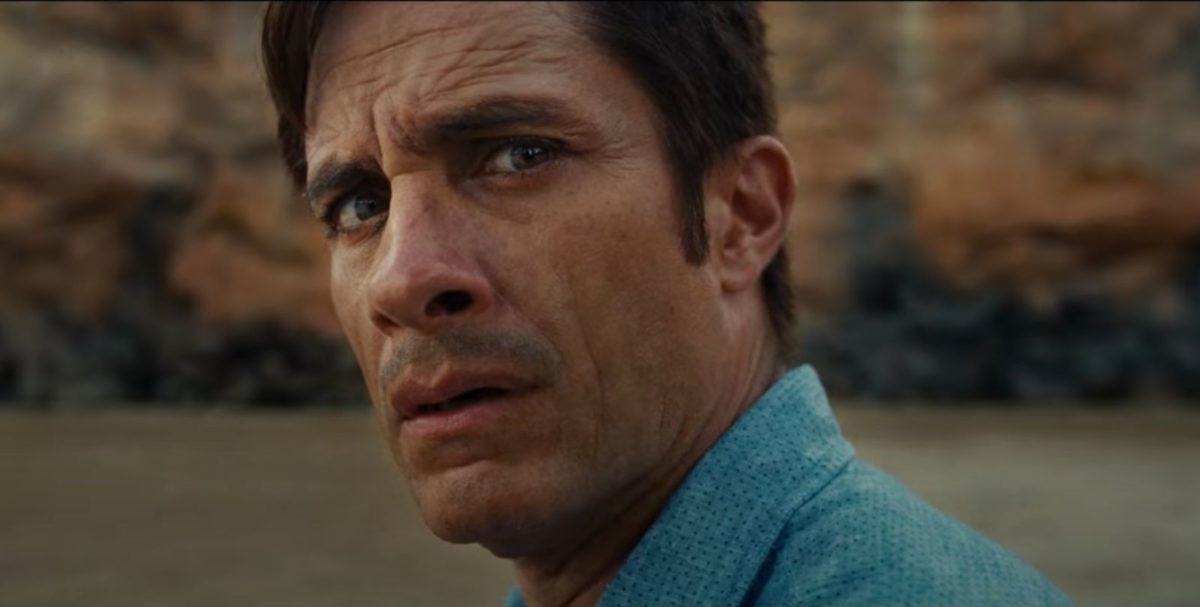
While he may not have wholly returned to his glory days, M. Night Shyamalan has had a career rebound the past few years and his next project is quite intriguing. Bringing together Gael García Bernal, Vicky Krieps, Rufus Sewell, Alex Wolff, and Eliza Scanlen, Old is set on a tropical beach whose inhabitants start aging rapidly. After a mysterious Super Bowl spot setting the stage, we’re hoping not much more is revealed about the project before its mid-summer release––marking one of the few studio movies that has our attention. – Jordan R.
The Green Knight (David Lowery; July 30)
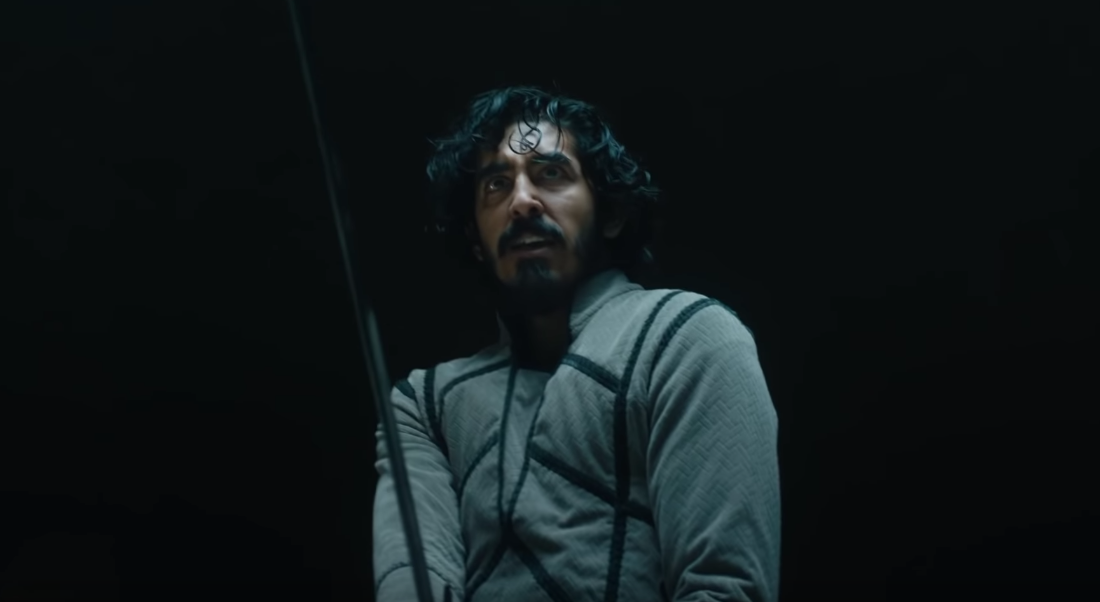
Continuing an eminently impressive run, David Lowery has shown himself a keen purveyor of both bare emotion and playful whimsy. Green Knight finds the Pete’s Dragon and A Ghost Story helmer teaming with A24 again, retelling the classic medieval yarn of Sir Gawain and the otherworldly Green Knight, with Dev Patel and Alicia Vikander leading. Lowery’s ever a sharp storyteller, especially with the right talent, so the possibilities a full-fledged fantasy could yield in his hands are thrilling in their own right. That it was once in the hands of Terrence Malick makes this project all the more exciting. – Conor O.
Enemies of the State (Sonia Kennebeck; July 30)

This ambiguity is where Enemies of the State becomes a must-see because it exposes how skeptical we’ve become about the truth. As soon as you admit systems can be manipulated for selfish gain, there’s no denying that it isn’t happening right now in ways that make you the victim. Donald Trump epitomizes this phenomenon because he’s akin to God to his sycophants. They won’t even look at proof of his lies because they’ve decided that anything refuting his words has already been fabricated. So when DeHart earns the backing of other whistleblowers and the media, his story gets spun as one of a maligned hero to everyone that believes the government can’t be trusted. But what if he knew that? What if that was his plan? – Jared M. (full review)
Sabaya (Hogir Hirori; July 30)

Tense and gripping, Hogir Hirori’s documentary Sabaya never positions itself as a thriller. There’s no need. Barring a few cards of scene-setting exposition, this vital dispatch embeds viewers with a rescue operation in the Middle East, and does so with a degree of first-person access that’s not just instantly bold: it’s nerve-janglingly scary. – Isaac F. (full review)
Days (Tsai Ming-liang; August 6)

Not a huge amount takes place at the beginning of Days. The opening exchanges are elemental: wind blows; rain patters; grass shivers; a boy in pink shorts plays with fire. But then not a huge amount happens after. The movie is the latest from director Tsai Ming-liang, a Malaysia-born filmmaker and master of slow burns; and a key figure in the second wave of Taiwanese New Cinema. What Tsai does do–and better than most–is long takes; beautiful compositions; urban bustle; gorgeous color; neon light–as well as capture touch, sexuality and the human body. – Rory O. (full review)
Ema (Pablo Larraín; August 6)
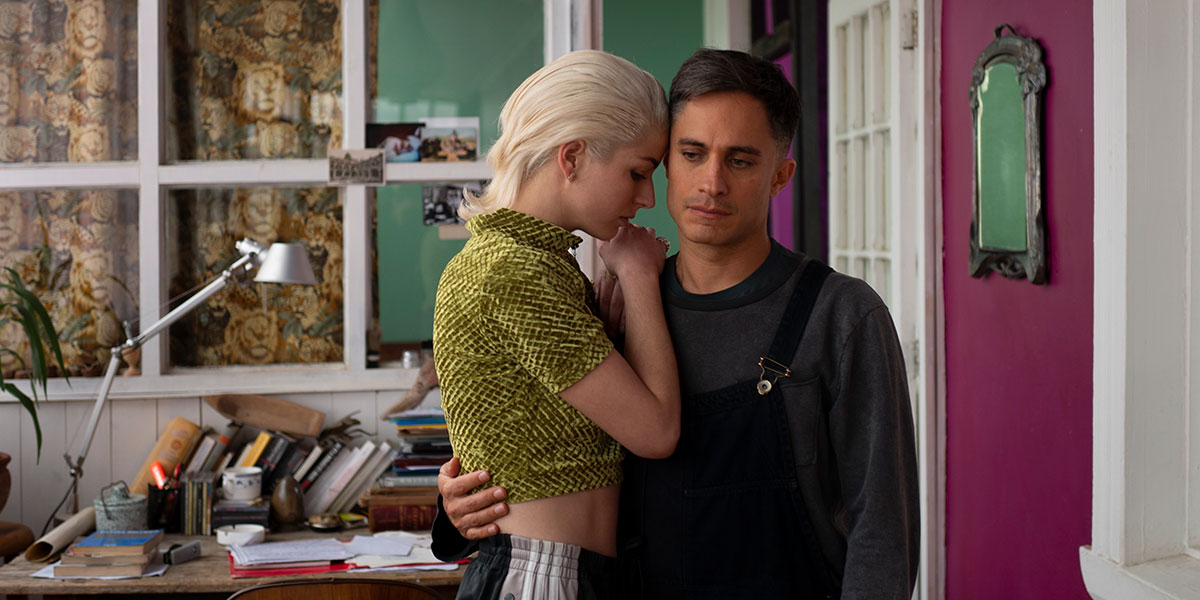
Movies have been named after far less interesting forces than the protagonist of Ema. Played with unblinking gravitas by the Chilean television actress Mariana Di Girólamo (a remarkable find), Ema is a contemporary dancer who stalks the neon lit streets of the Chilean port city of Valparaíso in track bottoms, cropped leopard-print tops, and slicked back peroxide blonde hair. She also has a propensity for arson. In the film she leaves her partner Gaston–who is the choreographer of her dance troupe (and also maybe gay)–in order to dance to Reggaeton hits on a rundown tarmac football pitch. The film is utterly infatuated with her. – Rory O. (full review)
CODA (Sian Heder; August 13)
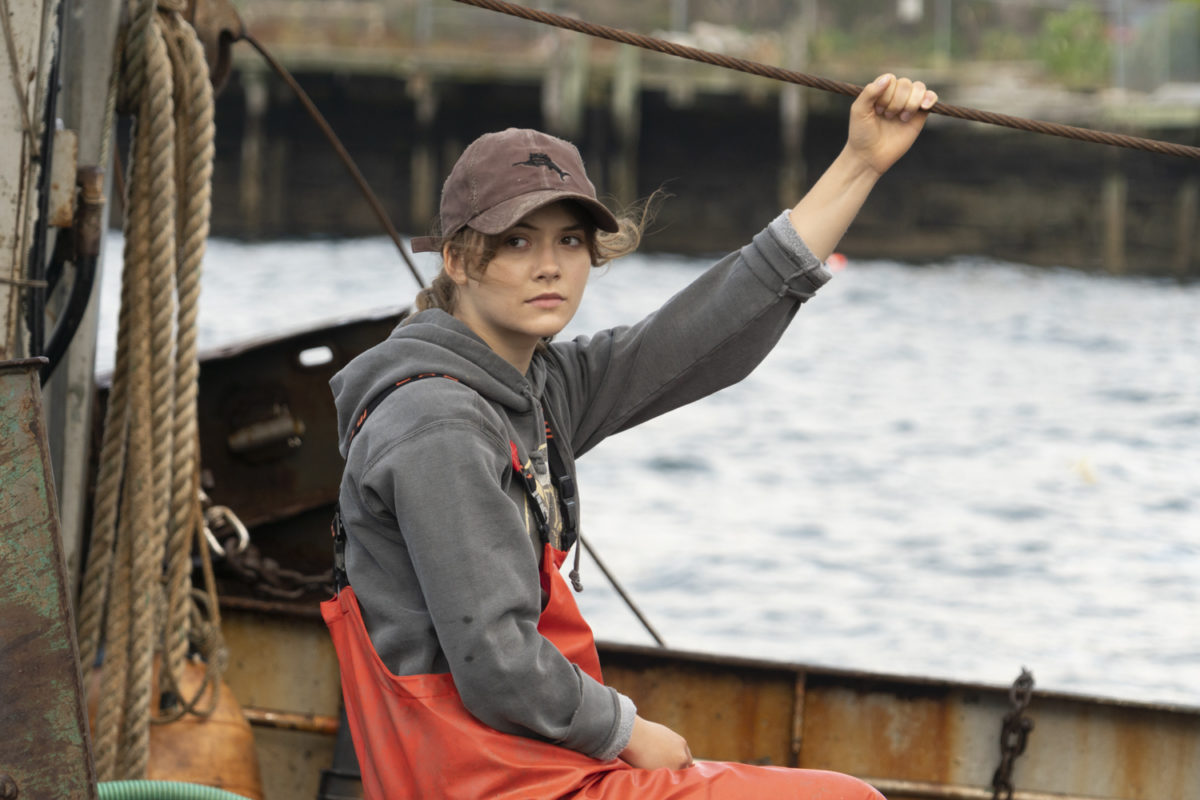
It’s hard to judge Siân Heder’s Coda outside of its context: being one of the opening feature films to the 2021 Sundance Film Festival, a (now-virtual) place known for family dramas and indie darlings. Depicting the high school struggles, and coming-of-age of the only hearing girl in a deaf family, Heder’s follow-up to Tallulah (another Sundance selection) takes its name from an acronym––Children Of Deaf Adults––though it’s determined to stray from any generalizations. With big warmth and bigger care, Coda overcomes its tropes and somewhat formulaic nature to produce a heartfelt tale of family, wrapped in a coating of love. In that way, it might be the ideal film to start one of the world’s biggest festivals during a seemingly never-ending pandemic, one that splinters families as well as hopes and dreams of child and parent alike. – Michael F. (full review)
Cryptozoo (Dash Shaw; August 20)

The current state of American animated cinema is more than a little disappointing; Pixar, Disney, Dreamworks, and more regurgitate the same formula and offer nothing new but a juxtaposition of cartoon designs and hyper-realistic imagery; animation for adults is all too rare. When something like Dash Shaw and Jane Samborski’s Cryptozoo comes along, it’s easy to recognize as one of the most gorgeous works of American animation in ages. – Juan B. (full review)
Ma Belle, My Beauty (Marion Hill; August 20)

In some relationships it’s easier to pick up where you left off, even after years of being apart. Others, such as those at the core of Marion Hill’s impressive, nuanced feature film debut Ma Belle, My Beauty—contain more heartbreak and baggage. Screening in Sundance’s NEXT category, Hill’s picture navigates uncomfortable truths with perspective and lyrical emotional honestly as Lane (Hannah Pepper) re-enters the life of former lover Bertie (Idalla Johnson) at the request of her husband Fred (Lucien Guignard). – John F. (full review)
The Beatles: Get Back (Peter Jackson; August 27)

It is, perhaps, not so adventurous to recommend a Disney-released, Peter Jackson-directed documentary on the most popular musical act of the 20th century. Nevertheless, fans—hello—salivate at the prospect of Get Back, which purports to collect and remaster previously unseen footage from an era Paul McCartney would rather you not focus on. If that means, as some PR already suggests, Jackson’s film is as much as anything an attempt to correct unpalatable image… well, did you see that trailer? The men! The music! The milieu! Every so often you can let yourself be a mark. – Nick N.
Candyman (Nia DaCosta; August 27)

The eagerly awaited reimagining of Candyman will finally arrive at the end of summer, following several delays from COVID-19. While the original Candyman was explicitly about racism, with the titular character being victim of a 19th-century lynching, Nia DaCosta’s sequel looks to explore the original’s themes even further. It’ll be interesting to see how she implements gentrification and quests for assimilation into the context of Candyman, with her version being eagerly awaited by horror fans everywhere. – Logan K.
Wife of a Spy (Kiyoshi Kurosawa; Summer TBD)
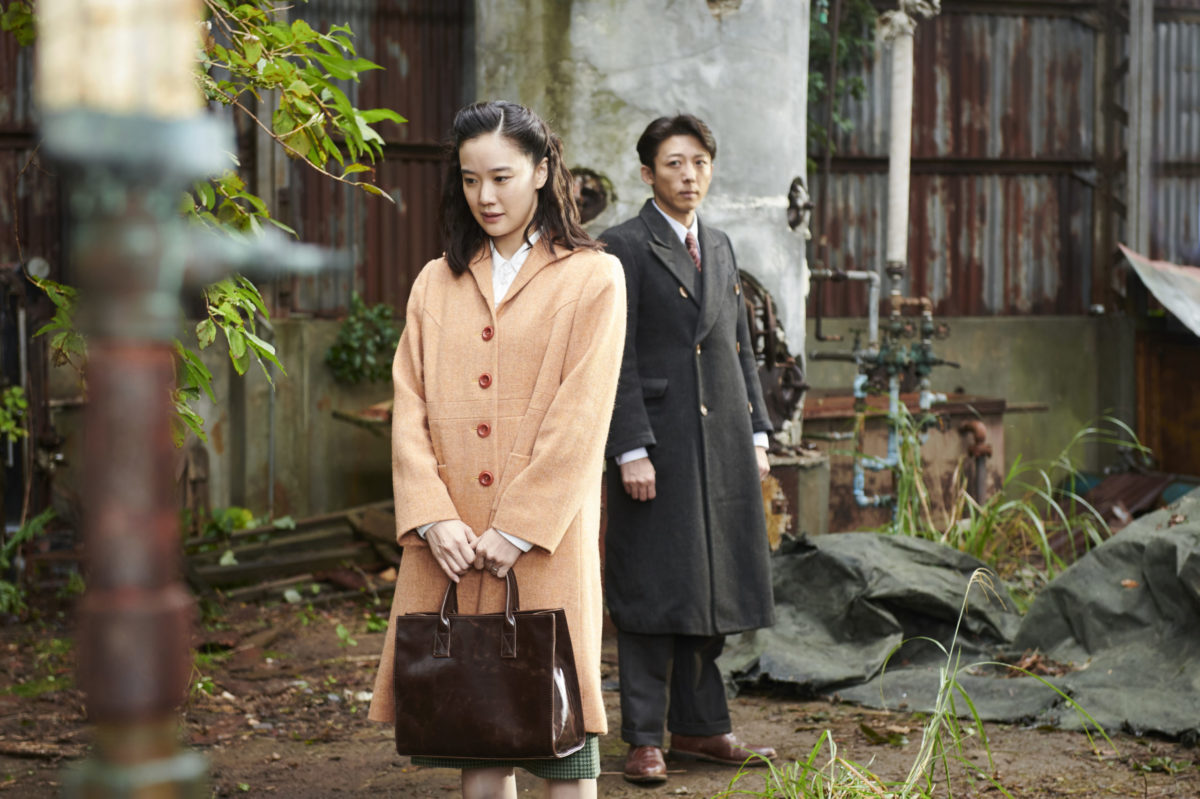
We’re in Kobe in 1940 on the eve of war. An English businessman is being forcefully ejected from his factory by a group of soldiers. “What has become of Japan?” he asks despairingly. So plays the opening sequence of Wife of a Spy, a world-weary wartime romance from Japanese filmmaker Kiyoshi Kurosawa about an affluent married couple who each must ask themselves a thorny question. Their country is at a crossroads, how best to respond? – Rory O. (full review)
Faya Dayi (Jessica Beshir; Summer TBD)

“Look how far God has brought us. We can only go where God guides us to. We are exactly where God wants us to be.” These are the first words spoken in Jessica Beshir’s ruminative and ravishing feature debut Faya Dayi, and it establishes a conversational dialogue with a higher realm that carries through the rest of this graceful, ethereal journey through Ethiopia. Specifically exploring the trade of the khat leaf––a hallucinatory plant used by Sufi Muslims for religious meditation but has now become Ethiopia’s most lucrative cash crop––Beshir deeply immerses the viewer into daily work, spiritual ponderings, and questions of life’s purpose. At times recalling Apichatpong Weerasethakul’s striking black-and-white debut Mysterious Object at Noon and the vivid chiaroscuro work of Pedro Costa, Faya Dayi shares a similar approach to mixing documentary and narrative elements to form a transportive ethnographic survey. – Jordan R. (full review)
Annette (Leos Carax; Late Summer TBD)

Our most-anticipated film of 2020, then of 2021, finally arrives this summer. Leos Carax, who doesn’t work at a clip I’d exactly call brisk, tried for years to mount this Sparks-penned musical before finally rolling cameras in 2019. Little is known outside details from a New Yorker profile of star Adam Driver, though the readiness with which I laugh at the thought of him playing a stand-up comedian itself warrants attention; factor in Sparks producing some of the world’s wittiest and powerful pop / rock for fifty years and you’ll understand why it’s sitting so high. (The first trailer, though brief, peels back the curtain enough to make us think these hopes are not missplaced.) For a possible preview, check out The Seduction of Ingmar Bergman, their rock opera following the iconic director’s perilous experiences in Hollywood. – Nick N.
Honorable Mentions
The Columnist (May 7)
The Paper Tigers (May 7)
Silo (May 7)
US Kids (May 14)
Seance (May 21)
Final Account (May 21)
New Order (May 28)
Port Authority (May 28)
Werewolves Within (June 25)
Summertime (July 9)
No Ordinary Man (July 16)
Stillwater (July 30)
Jungle Cruise (July 30)
Demonic (August 20)
Beckett (August TBD)
Fear Street Trilogy (TBD)
Nine Days (TBD)
